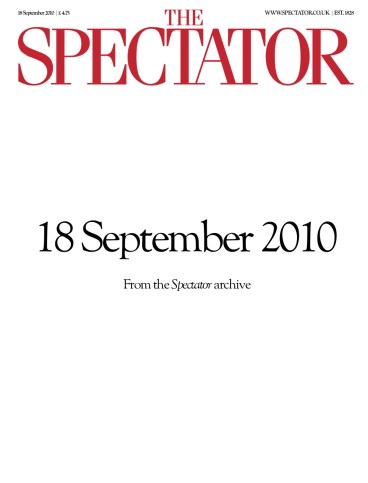Benedict brings hope
But, if the protestors know where Benedict XVI stands on issues of sexual morality, they have a very shaky grasp of his precise relationship to these issues. The arrival of Pope Benedict XVI in Britain has provoked protests that, in the intesity of their anger, far exceed those that greet the state visits of blood-drenched


